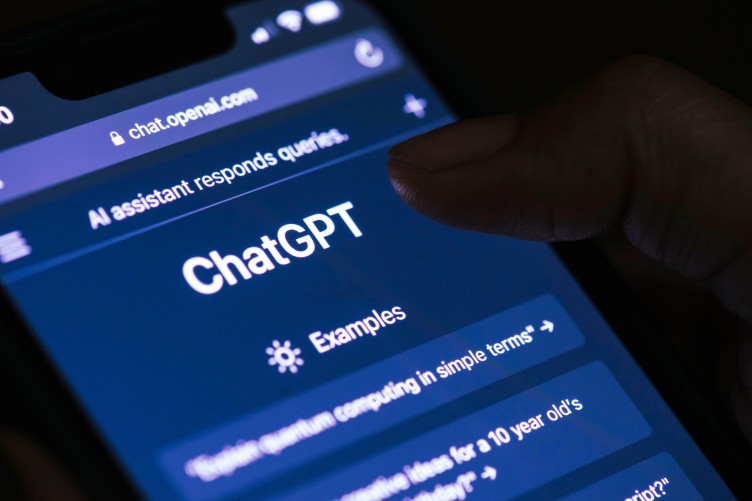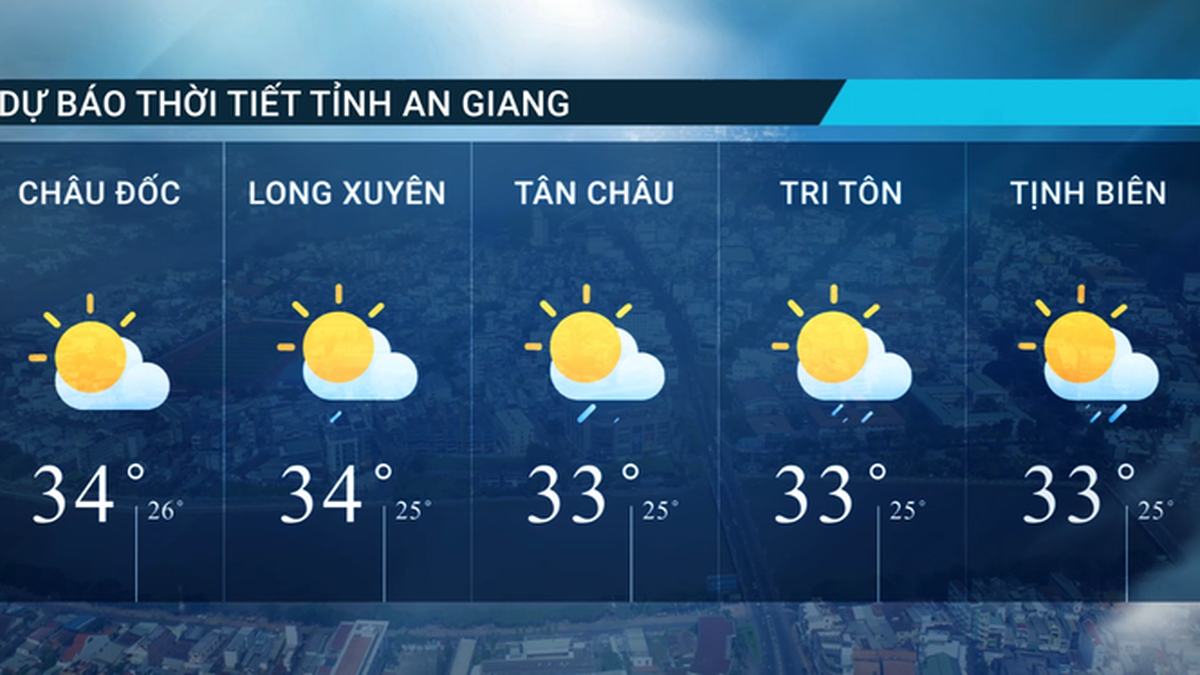(Baonghean.vn) - Italy recently became the first Western country to ban ChatGPT when the Italian data protection authority (GPDP) ordered OpenAI to temporarily stop processing Italian users' data amid an investigation into suspected violations of strict European privacy regulations.
In response to Italy's move, many countries around the world are considering issuing regulations related to artificial intelligence (AI), with some governments even considering joining Italy in banning the technology.
 |
| Illustration photo. |
On March 31, the GPDP issued an emergency temporary order requiring ChatGPT creator OpenAI to stop using the personal information of millions of Italians in its training data. This ban by the Italian government could be the beginning of the legal troubles that ChatGPT may face in the near future.
According to GPDP, OpenAI has no legal right to use people's personal information in ChatGPT. In a statement posted online for users with Italian IP addresses, OpenAI said it regrets to inform users that it has disabled access for users in Italy at the request of the data protection authority.
GPDP has accused OpenAI of failing to check the ages of ChatGPT users and of having no legal basis to justify the collection and storage of such a huge amount of personal data.
The agency added that it does not intend to hinder the development of AI, but that companies developing AI products need to respect rules aimed at protecting the personal data of Italian and European citizens.
That means OpenAI will have to answer to officials investigating possible violations of the European Union's General Data Protection Regulation (GDPR). Under GDPR, OpenAI, which is backed by Microsoft, risks a fine of €20 million ($21.8 million), or 4% of its annual global revenue, if it fails to address the situation within 20 days.
OpenAI said it will also refund all users in Italy who purchased a ChatGPT Plus subscription last month, noting that it is “pausing” subscription renewals there so that users are not charged while the service is suspended. “We are committed to protecting people’s privacy and believe that we are providing ChatGPT in compliance with GDPR and other privacy laws,” OpenAI said.
Open AI said it would work with Italy’s data regulator to restore access to ChatGPT soon. “Many users in Italy have told us that they find ChatGPT useful for their daily tasks, and we look forward to re-introducing the feature soon,” OpenAI said in a statement to users following the ChatGPT ban in Italy.
After Italy's ChatGPT Ban, Will There Be More Bans?
While Italy’s action may be the first against ChatGPT by a Western regulator, other European countries have raised similar concerns in the days following the temporary ban on ChatGPT. Reports suggest that France, Germany, and Ireland have contacted Italy’s data protection authority to get more information about their findings.
More broadly, the backlash against ChatGPT in Europe signals privacy concerns around the creation of innovative AI models like ChatGPT, which are often trained on large amounts of internet data. An article in Wired quoted Tobias Judin, head of international affairs at Norway’s data protection authority, as saying, “if the business model is just to search for anything you can find on the internet, there could be a serious problem.”
Jubin added that if a model is built on data that may have been collected illegally, it raises questions about whether anyone can use these tools legally. Judin also noted that the Italian decision highlights more immediate concerns. Fundamentally, AI development to date may have a major flaw.
Before Italy’s ban, there were calls for stricter regulations on AI development. In fact, on March 22, an open letter signed by hundreds of prominent AI experts, tech leaders, and scientists called for a halt to the development and testing of AI technologies more powerful than OpenAI’s GPT-4 language model due to the risks it could pose.
Even governments are struggling to keep up with the pace of AI technology. The United Kingdom, for example, has announced plans to regulate AI. Rather than creating new regulations, the government has asked regulators in different sectors to adopt existing rules for AI. While the UK proposal does not mention ChatGPT by name, it outlines some basic principles for companies to follow when using AI in their products, including safety, transparency, fairness, accountability, and competitiveness.
Meanwhile, US President Joe Biden also said that whether AI is dangerous or not remains to be seen, but he stressed that technology companies have a responsibility to ensure their products are safe before releasing them. In a Reuters report, President Biden told science and technology advisers that AI could help address disease and climate change, but it was important to address potential risks to society, national security and the economy.
This is not the first time Italian authorities have taken action against an AI chatbot. GPDP previously banned Replika AI for using users’ personal data. Replika is a startup founded in 2017 that provides customizable avatars to chat with each person. Although it was advertised as a “virtual friend” that improves emotions, Italian regulators said that it interfered with users’ moods, “which could increase risks for individuals in the developmental stage or in a fragile psychological state.”
Italy's ban has attracted the attention of other privacy regulators in Europe, who are examining whether harsher measures are needed for AI chatbots.
What is OpenAI doing in response to the Italian ban?
Shortly after Italy's ChatGPT ban was announced, OpenAI, the maker of ChatGPT, planned to outline measures to address the concerns that led to the ban. OpenAI pledged to be more transparent about how it handles user data and verifies users' ages.
In a blog post titled “Our Approach to AI Safety,” ChatGPT’s maker said it is working to develop policies to combat behavior that poses a real risk to people.
“We don’t use data to sell services, advertise, or build profiles of people. We use data to make our models more useful to users. While some of our training data includes personal information available on the public internet, we want our models to learn about the world, not private individuals,” OpenAI added.
Since its launch in late 2022, ChatGPT has created a “fever” globally, prompting competitors to introduce similar services. ChatGPT users reached the 100 million mark by the end of January 2023, just 2 months after its launch, becoming the fastest growing consumer application in history.
Source link
































































































Comment (0)